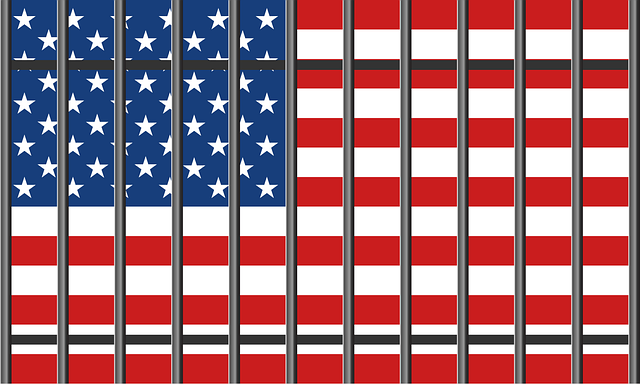Global Immigration and DUI Perspectives present a complex web of cultural differences, legal variations, and societal norms that impact how impaired driving is perceived and enforced worldwide. Each country has unique rules regarding blood alcohol content limits, penalties, and license suspensions, making it challenging for immigrants to navigate local laws. Cultural sensitivity, understanding local contexts, and adapting policies are crucial for effective prevention and enforcement. By incorporating these considerations, global efforts to combat DUI can be both legally sound and socially acceptable across diverse communities.
In today’s globalized world, understanding international perspectives on impaired driving is crucial. This complex issue transcends borders, with varying laws and cultural perceptions shaping how societies address drunk and drugged driving.
Global Immigration and DUI Perspectives present a unique challenge due to the intricate interplay between immigration policies and enforcement strategies. Exploring these nuances is essential for promoting road safety worldwide. From differing legal definitions to cultural attitudes, this article delves into the complexities of global immigration and impaired driving laws.
- Global Immigration and DUI Laws: A Complex Web
- Understanding Cultural Differences in Impaired Driving Perception and Enforcement
Global Immigration and DUI Laws: A Complex Web

The global landscape of immigration and driving under the influence (DUI) laws presents a complex web that defies simple solutions. With each country having its own set of rules, penalties, and cultural perspectives on alcohol consumption and driving, navigating this labyrinth requires a nuanced understanding. For immigrants or expatriates moving across borders, adhering to local DUI laws can be challenging, often requiring them to quickly decipher legal requirements in a new jurisdiction.
This complexity is exacerbated by the fact that DUI offenses are not universally defined or punished equally worldwide. Some countries have stringent zero-tolerance policies, while others take a more lenient approach. The variations in blood alcohol content limits, license suspensions, and jail sentences can leave individuals navigating these laws confused and vulnerable. Global Immigration and DUI Perspectives thus demand a careful consideration of cultural differences, legal frameworks, and the evolving nature of international travel and settlement.
Understanding Cultural Differences in Impaired Driving Perception and Enforcement

In the realm of global immigration and DUI perspectives, cultural differences significantly impact the perception and enforcement of impaired driving. What may be considered a minor infraction in one country could carry severe societal and legal consequences in another. These disparities stem from diverse societal norms, historical contexts, and approaches to public safety. For instance, some cultures may emphasize individual freedom and personal choices, leading to less stringent penalties for drinking and driving, while others prioritize collective responsibility and zero-tolerance policies.
Understanding these cultural nuances is crucial when addressing global immigration and DUI issues. Enforcement strategies that work in one country might not be effective or culturally appropriate in another. For effective prevention and enforcement, it’s essential to engage with local communities, incorporate cultural sensitivity into policy making, and adapt educational campaigns to resonate with diverse populations. This holistic approach ensures that efforts to combat impaired driving are not only legally sound but also socially acceptable and ultimately more successful.
In navigating the intricate landscape of global immigration and DUI perspectives, understanding cultural variations is paramount. As our world becomes increasingly interconnected, recognizing diverse perceptions and enforcement methods enhances road safety for all. By fostering open dialogue and adopting a nuanced approach to impaired driving regulations, we can create a more uniform and secure global standard, ensuring that every driver, regardless of origin, faces consistent accountability.






